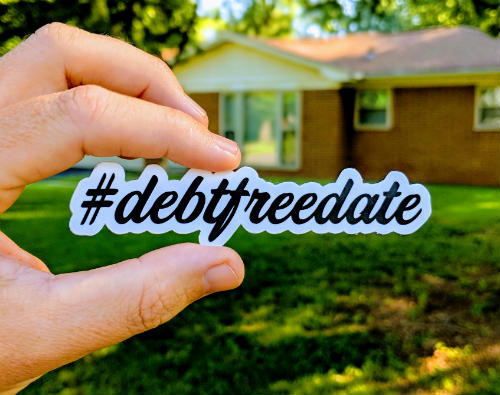Debt Management Plans vs. Debt Consolidation Loans
A debt management plan is not a consolidation loan, although the two share similar benefits. Which is the right choice for you?
Consolidation loan
A debt consolidation loan is a new loan where the funds are used for the purpose of paying off existing unsecured debts. Traditionally, this comes in the form of an unsecured loan used to pay off one or more credit card debts. You can also refinance a mortgage or add a second mortgage on your home, using the new funds to pay off those unsecured debts.
PRO: You could save money
If you can get a loan with a low interest rate, you can potentially save a good deal of money using this method. As of 2022, the average interest rate on consolidation loans for consumers with good credit (a FICO score of 690 to 719) is 15.5%.
Pro: Fewer payments to manage
You can also consolidate payments this way – just one payment a month, instead of individual payments for each account.
CON: Potential credit damage
Most lenders will require you to close the accounts being paid off by the loan. This may potentially have a negative impact on your credit score as the age of your active accounts decreases.
Con: You could put your property at risk
It’s dangerous to convert unsecured debt (credit cards) into secured debt (mortgage). If you refinance your home with an eye toward reducing credit card debt, but then find yourself struggling to manage the new mortgage payment, you could put your house at risk.
Con: It can be costly
There may be fees associated with opening the loan.
Con: Bad behavior won't change
If your debt resulted from bad or unhealthy spending habits, moving the debt to a new account won't do anything to change that behavior. You still have to make a commitment to repaying the debt and changing your approach to spending.
FINAL VERDICT: A debt consolidation loan can be a great option if you’re overburdened with credit card debt, but have good credit and are generally responsible with money. The right loan can save you significant money and simplify the repayment process. Just remember that a consolidation loan merely moves your debt from one place to another - you still need to make the payments and avoid creating new debt in order to be successful.
Debt Management Plan
A debt management plan, or DMP, is usually provided and serviced by a credit counseling agency. Following an assessment of your financial situation, you may be offered the opportunity to consolidate your unsecured debts into a structured repayment program. This is not a loan. You would make a single payment to the credit counseling agency, which would then disburse the funds to your creditors on your behalf.
PRO: No credit requirement
Since a DMP is not a loan, there is no credit requirement to qualify.
Pro: Expert support and advice
You receive ongoing counseling and education on managing and eliminating debt.
Pro: Significant savings
Most creditors offer significantly reduced interest rates for accounts being paid through a DMP. The average interest rate for creditor accounts on an MMI DMP in 2021 was 6.41%.
Pro: Fewer payments to manage
You only make one payment each month.
Pro: Budget-friendly payments
DMPs are designed to fit into your existing budget. You will not be offered a DMP if it isn't a good fit for your situation.
Pro: Past due accounts may be considered current
Overdue accounts are usually still eligible to be included on your plan. Many creditors agree to bring delinquent accounts current after a set number of DMP payments.
Pro: Accelerated payoff
Accounts are paid off within five years, with most clients becoming debt-free in approximately three years.
CON: Short-term credit score dip
As with consolidation loans, the accounts included on a DMP will be closed, which could have an adverse impact on your credit score. On average, however, MMI DMP clients see their credit scores improve by over 60 points after two years on the program.
Con: Not all debts can be included
Secured debts are generally not allowed on DMPs, meaning you will still need to manage your mortgage and car payments separately. Student loans cannot be included on your DMP at this time.
Con: Monthly fees
Although hardship waivers are available, most DMPs include a monthly fee. Fee amounts differ depending on where you live and how many debts you're repaying, but the average fee for MMI DMP clients was $25 in 2021.
FINAL VERDICT: A debt management plan is a good solution for consumers who have already begun to miss payments, who have damaged credit, who need structure and hands-on guidance, or who need to help changing their financial habits.














